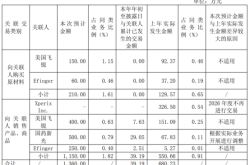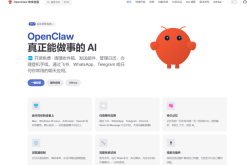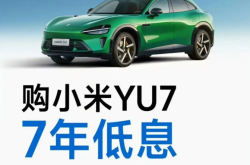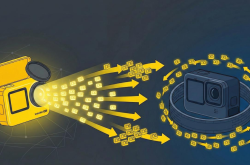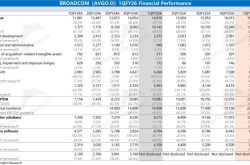The EU announced the final ruling on the anti-subsidy investigation against electric vehicles from China, drawing responses from multiple parties at home and abroad
![]() 10/31 2024
10/31 2024
![]() 567
567
Bianniushi reported on October 30 that on October 29 local time, the European Commission announced the conclusion of the anti-subsidy investigation and decided to impose a five-year final anti-subsidy duty on electric vehicles (BEV) imported from China. The relevant decision is expected to be published in the Official Journal of the European Union on October 30 local time, and the anti-subsidy duty will be officially imposed from October 31. According to the announcement issued by the European Commission, it was determined that China's electric vehicle value chain benefited from "unfair subsidies" and posed a "threat of economic harm" to EU electric vehicle manufacturers, prompting the decision to impose a five-year anti-subsidy duty on electric vehicles imported from China. The following anti-subsidy duties will be imposed on sampled Chinese exporters: BYD: 17.0%; Geely: 18.8%; SAIC Motor: 35.3%.
Other cooperating companies will be subject to a tariff of 20.7%. Tesla will be subject to a tariff of 7.8% upon request for an individual examination.
All other non-cooperating companies will be subject to a tariff of 35.3%. The provisional duty imposed on electric vehicles imported from China on July 4, 2024, will not be collected. It is reported that compared to the provisional anti-subsidy duty rate on July 4, the final anti-subsidy duty rate determined by the European Commission has been slightly adjusted. The previous plan: BYD, Geely, and SAIC Motor would be taxed at 17.4%, 20%, and 38.1%, respectively.
A tariff of 21% will be imposed on cooperating automakers that were not sampled.
A tariff of 38.1% will be imposed on automakers that did not cooperate with the investigation. The different treatment for the three sampled automakers, particularly the top-tier tariff imposed on SAIC, may be due to the EU's consideration of their cooperation level during the investigation. Earlier, SAIC responded assertively to the anti-subsidy investigation, stating that the company had provided all necessary information related to the anti-subsidy investigation in accordance with WTO and EU rules, but commercial sensitive information such as battery formulations should not fall within this scope. It is worth emphasizing that this additional tariff is imposed on top of the already existing 10% tariff. This means that for an electric vehicle exported to Europe worth 200,000 yuan, SAIC would have to pay nearly 100,000 yuan in taxes alone. Even for BYD, which has the lowest tariff rate, it would still need to pay nearly one-third of the tariff. The European Commission announced that it would continue to work with China to find alternative solutions that comply with WTO rules and remain open to conducting individual price undertaking negotiations with enterprises.
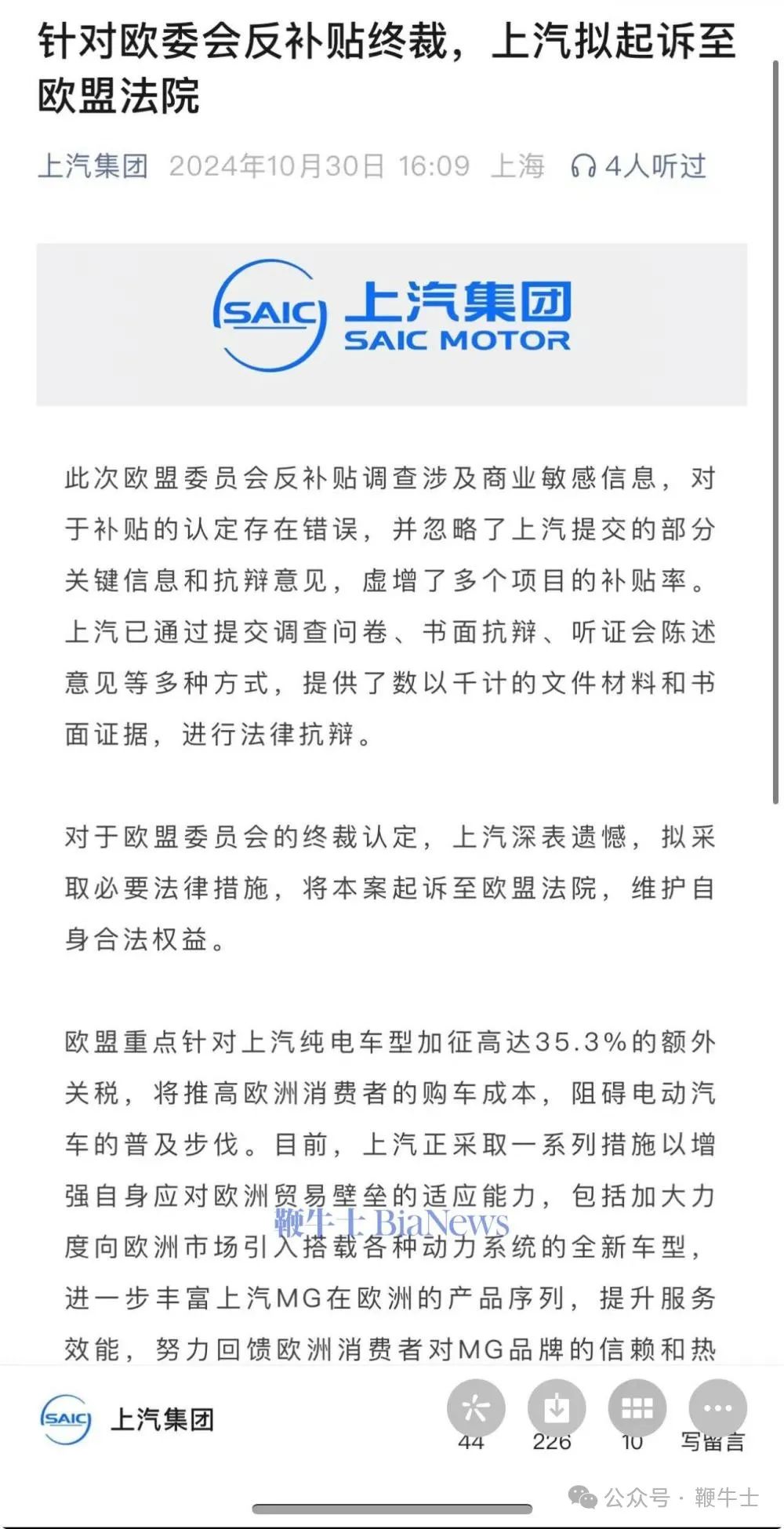
In fact, the outcome of the EU's investigation has been controversial. SAIC Motor announced today that the EU Commission's anti-subsidy investigation involved commercial sensitive information, and there were errors in the identification of subsidies. Additionally, some critical information and defense opinions submitted by SAIC were ignored, leading to an inflated subsidy rate for multiple projects. SAIC stated that it had provided thousands of documents and written evidence through various means such as submitting questionnaires, written defenses, and presenting opinions at hearings to conduct legal defenses. Earlier, the China Association of Automobile Manufacturers (CAAM) also pointed out that during the investigation, the EU had preset the investigation results, selectively sampled enterprises with bias, abused the power of investigation, arbitrarily expanded the scope of investigation, and seriously distorted the investigation results.
In mid-October, German Chancellor Olaf Scholz criticized the EU's proposed tariffs on electric vehicles from China in the German Bundestag. He emphasized that more than a dozen EU member states and many German automakers' executives opposed the tariffs. It is understood that the normal process for similar investigations typically begins with a complaint filed by the industry, followed by the establishment and investigation of a case by relevant agencies. However, the EU Commission took unilateral action despite the fact that European automakers did not take the lead in filing complaints and held a welcoming attitude.
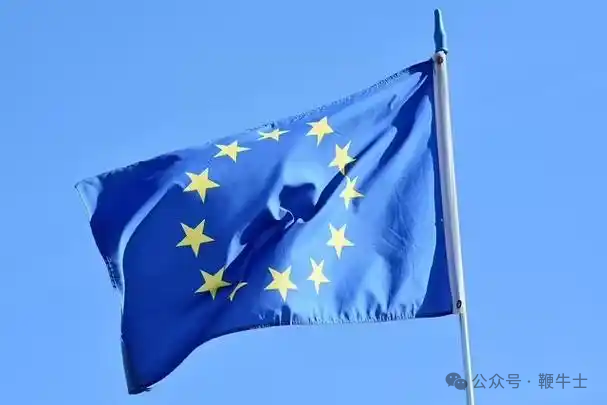
After the announcement of the final ruling on anti-subsidy measures, there have been numerous responses from various international and domestic parties. The spokesperson for the Ministry of Commerce stated that China has repeatedly pointed out that the EU's anti-subsidy investigation against electric vehicles from China contained many unreasonable and non-compliant aspects, representing protectionism in the guise of "fair competition" but in reality practicing "unfair competition." China does not recognize or accept the ruling and has filed a lawsuit under the WTO dispute settlement mechanism. China will continue to take all necessary measures to resolutely safeguard the legitimate rights and interests of Chinese enterprises.
The China Chamber of Commerce for Import and Export of Machinery and Electronic Products stated that the European Commission did not correct many of the previous misidentifications in the final ruling announcement. Apart from a severe lack of transparency in the process, it did not fundamentally address the underlying representativeness issues arising from sampling that deviated from rules and past practices, nor did it conduct an objective analysis of the EU's industrial damage indicators, and there were still misidentifications of causality. The European Commission's unfair, unreasonable, and objective misidentification of this case seriously violates WTO and EU anti-subsidy rules. Hildegard Müller, President of the German Association of the Automotive Industry (VDA), issued a statement stating that the EU's imposition of tariffs on electric vehicles imported from China is a setback for global free trade and has negative impacts on Europe's prosperity, employment, and economic growth.
Müller warned that this move could escalate trade conflict risks and ultimately harm the entire industry. Slovakian Prime Minister Eduard Heger expressed opposition to a trade war with China, stating that imposing tariffs on Chinese electric vehicles would be unwise and cause significant damage to Europe itself. China leads Europe in electric vehicles, and China's advanced production capacity can help Europe increase productivity. Romanian economist Andrei Ledulescu stated that the world needs Chinese electric vehicles during the transition to a green and digital economy. He believes that multilateralism-based globalization is the best solution for countries to integrate into the global economic cycle.

